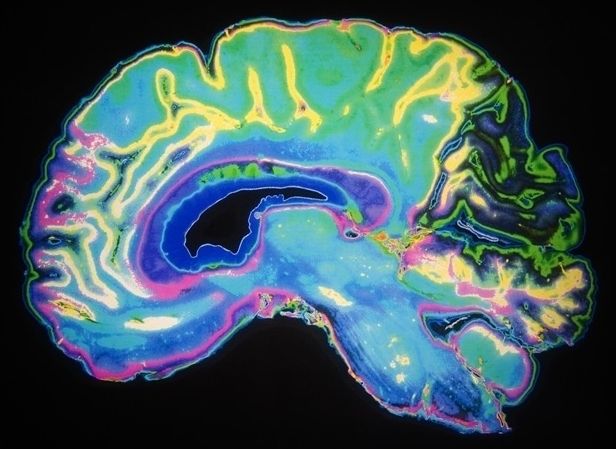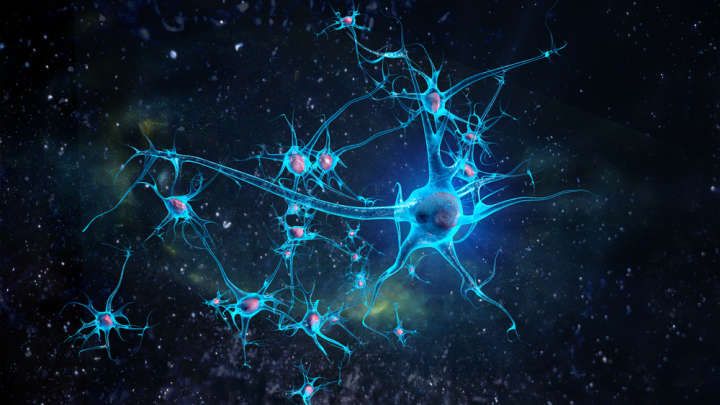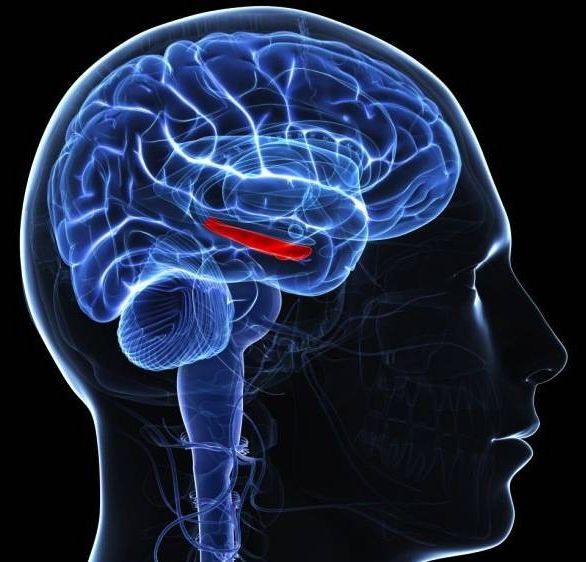
In a cross-domain study directed by professor Peter Carmeliet (VIB — KU Leuven), researchers discovered unexpected cells in the protective membranes that enclose the brain, the so called meninges. These ‘neural progenitors’ — or stem cells that differentiate into different kinds of neurons — are produced during embryonic development. These findings show that the neural progenitors found in the meninges produce new neurons after birth — highlighting the importance of meningeal tissue as well as these cells’ potential in the development of new therapies for brain damage or neurodegeneration. A paper highlighting the results was published in the leading scientific journal Cell Stem Cell.
Scientists’ understanding of brain plasticity, or the ability of the brain to grow, develop, recover from injuries and adapt to changing conditions throughout our lives, has been greatly broadened in recent years. Before the discoveries of the last few decades, neurologists once thought that the brain became ‘static’ after childhood. This dogma has changed, with researchers finding more and more evidence that the brain is capable of healing and regenerating in adulthood, thanks to the presence of stem cells. However, neuronal stem cells were generally believed to only reside within the brain tissue, not in the membranes surrounding it.
The meninges: unappreciated no more: Believed in the past to serve a mainly protective function to dampen mechanical shocks, the meninges have been historically underappreciated by science as having neurological importance in its own right. The data gathered by the team challenges the current idea that neural precursors — or stem cells that give rise to neurons — can only be found inside actual brain tissue.
Continue reading “Researchers uncover neural progenitors in protective membranes covering the brain” »

















